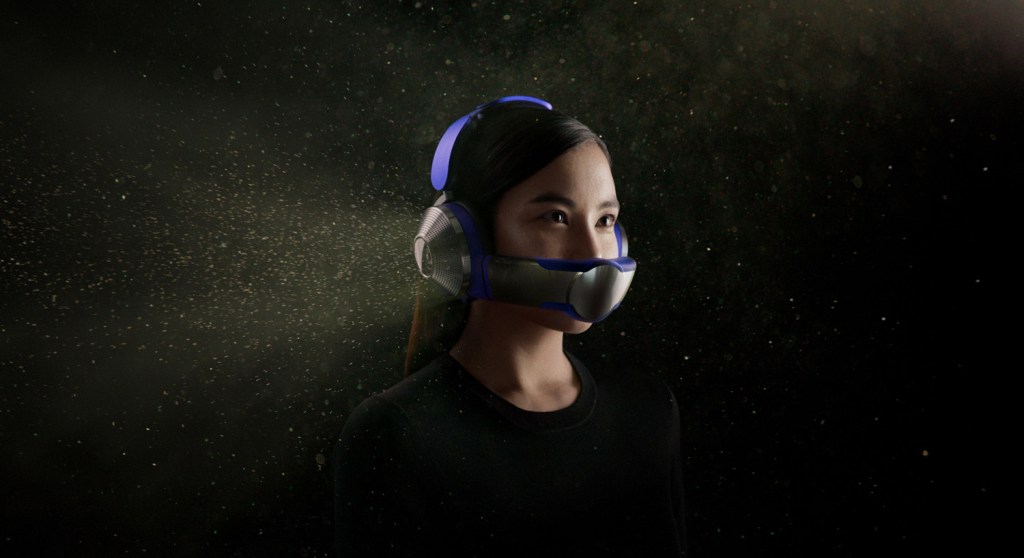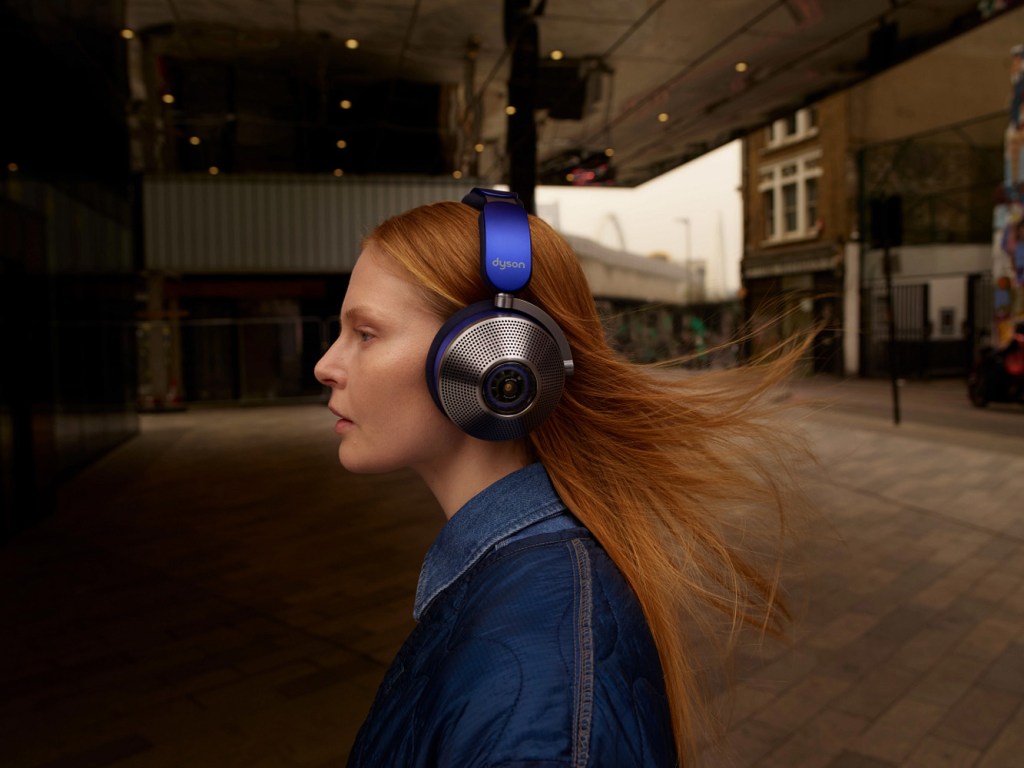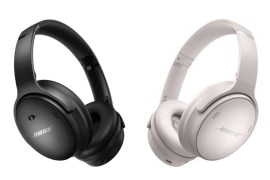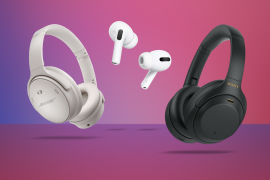Dyson Zone: what you need to know about the crazy air-purifying headphones
The Dyson Zone is very real, despite looking like a device from a dystopian Sci-Fi movie

The Dyson Zone is one of the weirdest gadgets we’ve seen. So, we’re here to (try) and answer your questions about the crazy air-purifying noise-canceling headphones.
Is the Dyson Zone real?
Yes! The Dyson Zone is very real, despite looking like a device from a dystopian Sci-Fi movie. The company officially announced the air-purifying headphones on 30 March 2022. Despite the unfortunate timing of the announcement, it wasn’t an April Fool’s joke. Since then, we’ve headed to Dyson’s London offices to take a look at the Zone in-person, worn it a couple of times at other Dyson events and finally in April-May 2023, had it in for review – here’s our full Dyson Zone review.
What does it do?
The Dyson Zone is a pair of noise-cancelling headphones with a separate air purifier in each earcup. So there are two mini motors and filters to clean the air it pulls in. Using the removable visor, it then channels this clean air straight to your nose and mouth (it sits separate to your face). Your breathing gets automatically detected, so it always sends the right amount of airflow.
How does the Dyson Zone work?
In each ear cup, you’ll find a mini Dyson motor that uses a 9,750 rpm compressor to draw in air through dual-layer filters. It then projects two streams of the newly purified air to your nose and mouth. This air gets channelled through the visor, designed to stop the purified air being diluted by normal air, and to stop your glasses fogging up. The visor actually sits a few centimetres away from your mouth, so there won’t be any skin to Zone contact around your mouth.
The Zone can take in a maximum of 150L of air per minute, with the motors maxed out at 9,750rpm. To put this into context, the average person takes in 100L of air per minute when exercising, according to a report in the National Library of Medicine. Of course, output will be lower than input, and the device won’t be at full whack all the time.
The company claims its electrostatic filters capture 99% of particle pollution, such as dust, pollen, and bacteria. With a carbon filter as well, the Dyson Zone can capture city gases like ozone and sulphur dioxide. They’re even IP51 rated, so are rain-resistant. You’ll be able to purchase different types of filters depending on your country, but these will need to be updated at least once per year. Dyson’s companion app gives you handy reminders once you plug in your location.

With the companion app, you’ll also see how the Zone is working. It’ll give you the sensors’ real-time data of air pollution levels, and stats on when it’s been working the hardest. It seems the idea here is that you’ll be able to see when you actually need to wear the visor and switch it on, so you’re not wasting the battery purifying already clean(er) air.
As you’d expect, the Zone is quite the battery hog. While the headphones alone last for around 50 hours with noise cancellation switched on, this drops hugely down to 4 hours of combined purification and audio run-time (it can be as little as 1.5 hours if the airflow speed is high). Luckily, they’ll juice up to 100% in just 3 hours via USB-C. Plus, the Zone comes with a handy travel case.

But what about audio quality?
40mm, 16 ohm, neodymium drivers sit at the heart of the audio system. The frequency range is from 6Hz-21kHz. There’s some powerful sound from these drivers, with deep bass notes. The EQ setting has been developed by Dyson internally, but can’t be adjusted. However, you can choose from two other modes: Bass Boost (bassy) and Neutral (flatter response curve).
There are 11 microphones used in Dyson Zone, eight of which are for advanced noise-cancelling due to the motors used. The ANC system monitors surrounding sounds 384,000 times a second. This sets up the headphones quite nicely for some impressive noise cancellation to counteract the air compressors. Like many other headsets, there are two microphones using beamforming and noise suppression tech to make voice calls clearer
Who will buy Dyson Zone?
To answer candidly, we’re still not entirely sure. Dyson Zone is designed to purify air while you’re out and about, coupling it with headphones to keep you entertained. If you’re someone that wore a mask to combat pollution pre-pandemic, this might be for you. It’ll be more effective than a mask, and with the headphones built-in, you only need to carry around one device.
The World Health Organisation (WHO) estimates that 9 in 10 people globally breathe air that exceeds WHO guideline pollutant limits. With pollution becoming an increasing concern, maybe the Dyson Zone will appeal to some.
But it’s hard to see this device taking off mainstream. Perhaps in countries where pollution is more of an everyday concern, Dyson’s new gadget will slot in nicely. We’ll just have to see!
How much does the Dyson Zone cost, and when can I get it on my face?
The crazy headphones are now on sale in the US, UK, Ireland, China, Hong Kong and Singapore. The Zone starts from $949/£749. It’s available in three colour options – satin silver/ultra blue, ultra blue/Prussian blue and Prussian blue/bright copper.


